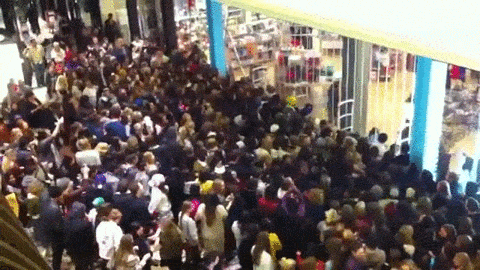VintageBetter
Senior Member
In my area, the news has told tales of many local discount stores shutting down. They either close down many sites to try to cut costs, or they close all stores and go belly up. One chain, Big Lots, is considering bankruptcy, but they are shuttering some stores first to see if they can survive.
The 99 Cents Only stores already closed. Now I hear news of Buca di Beppo also closing down over 15% of its locations and I always thought they were very popular and doing fine.
A local sushi place, so very popular for years, now has a COUPON in the mail! A COUPON, like it’s a mere pizza joint and not a hot sushi place. This is the first coupon I have ever seen from them in four years.
SO - what’s up!? Are these creeping markers signs of a “correction”, AKA recession ahead?
The 99 Cents Only stores already closed. Now I hear news of Buca di Beppo also closing down over 15% of its locations and I always thought they were very popular and doing fine.
A local sushi place, so very popular for years, now has a COUPON in the mail! A COUPON, like it’s a mere pizza joint and not a hot sushi place. This is the first coupon I have ever seen from them in four years.
SO - what’s up!? Are these creeping markers signs of a “correction”, AKA recession ahead?


